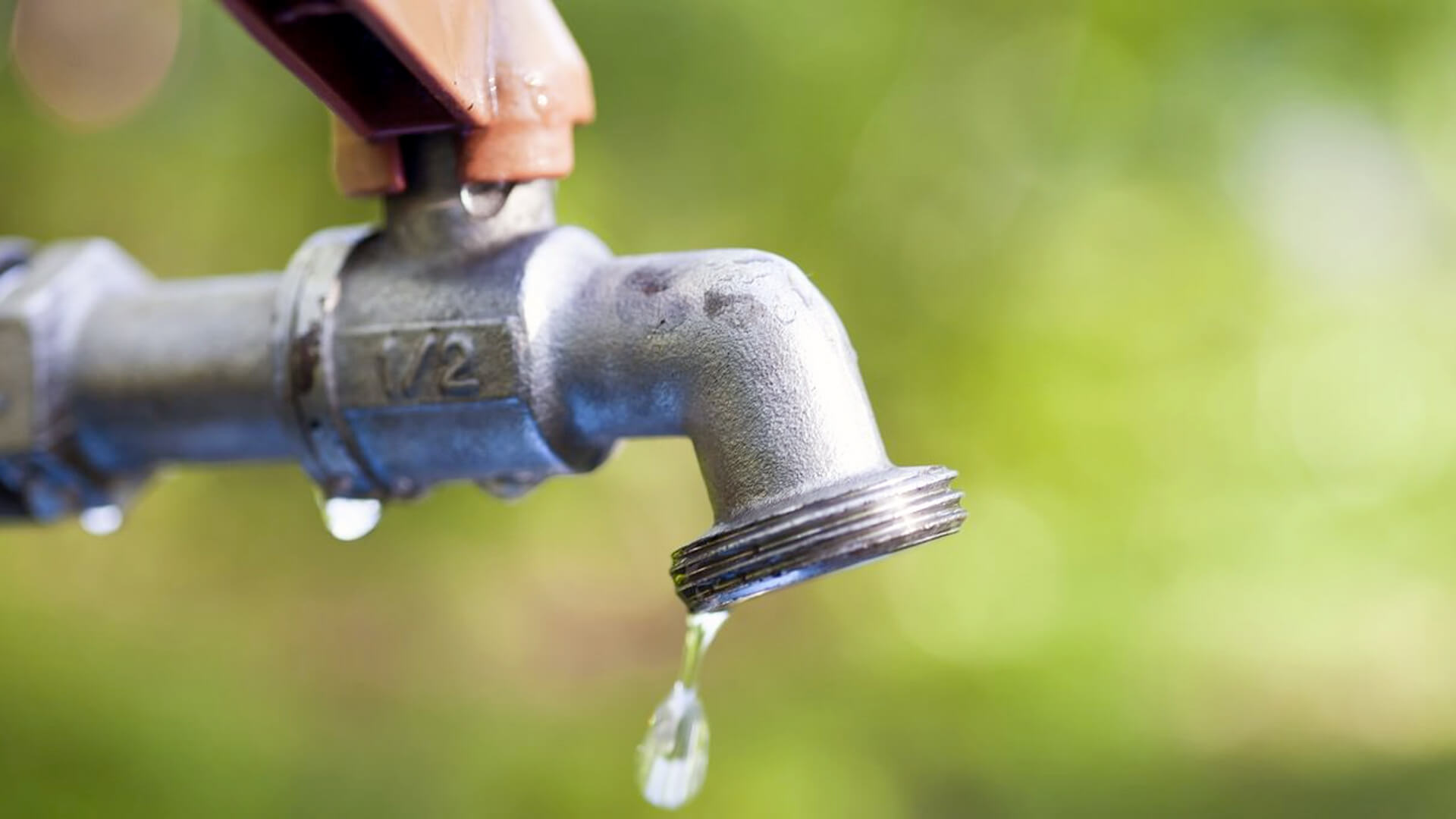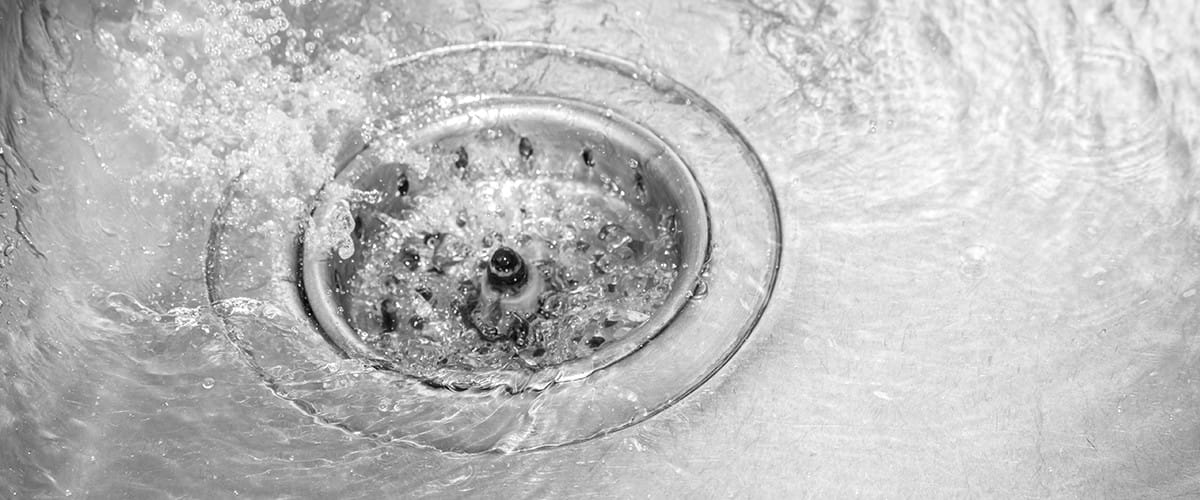Just about every person has their own assumption in relation to How to Find and Prevent Water Leaks in Your Home.

"Beware of little costs. A little leakage will certainly sink a fantastic ship." - Benjamin Franklin.
He could not have actually been much more ideal due to the fact that water leakages in our residences cause a waste of sources, enhancing our water expenses. Although this increase might seem minimal at first, it can result in significant costs that can break your bank. Besides an increase in costs, water leaks additionally create undesirable natural development, architectural damage, and also also electrical threats.
If you have a water leak isn't always simple due to being not able to see many of the pipework in your house, figuring out. If you have had a rise in your water expenses lately, noticed water spots on ceilings as well as walls, scented poor odor, etc. You could wish to take into consideration requesting plumbing services to get it took a look at.
There are a number of sources of water leakages, and also we have actually compiled the typical reasons below. Inspect to see if you have had relevant issues in your home lately.
Blocked drains pipes
Food fragments, dust, and grease can cause blocked drains as well as obstruct the passage of water in and out of your sink. If undealt with, boosted pressure within the seamless gutters can trigger an overflow as well as end up fracturing or bursting pipelines. To stay clear of stopped up drains in your house, we encourage you to prevent pouring particles down the tubes and also routine cleaning of sinks.
High water pressure
You saw your home water stress is greater than normal yet then, why should you care? It runs out your control.
It would certainly be best if you cared due to the fact that your typical water pressure need to be 60 Psi (per square inch) as well as although your home's plumbing system is developed to withstand 80 Psi. A rise in water pressure can place a strain on your house pipelines as well as result in splits, or worse, burst pipes. If you ever before notice that your house water stress is higher than usual, contact a specialist about controling it.
Rust
As your pipework ages, it gets weak and also a lot more vulnerable to corrosion after the constant passage of water through them, which can eat away at pipes as well as trigger fractures. A visible sign of rust in your home plumbing system is discoloration and although this could be tough to find as a result of the majority of pipes hidden away. We suggest doing a constant appointment every few years and transform pipes once they are old to ensure an audio plumbing system
Weakened pipe joints
Pipeline joints are the parts of our plumbing system where the pipes link. They are the weakest factor of our plumbing system. Because of this, they are a lot more prone to deterioration. It is necessary to keep in mind that even though pipes are created to hold up against stress and last for some time, they weren't created to last permanently; for that reason, they would degrade in time. This damage could result in cracks in plumbing systems. A common sign of damaged pipe joints is excessive noise from faucets.
Damaged seals
Another cause of water leakages in homes is damaged seals of home appliances that make use of water, e.g., a dishwasher. When such devices are installed, seals are installed around water connectors for simple flow of water via the machine. A damaged seal can cause leakage of water when in usage.
With little or no expertise of plumbing, understanding your house's plumbing system adequate to fix several of these concerns (without repercussion) can be a hassle. Get in touch with plumbing experts in Pittsburgh, Divine Superintendence, Rochester, as well as environ today, and they'll make those issues go away.
He could not have been much more appropriate because water leakages in our homes result in a waste of resources, boosting our water expenses. If you have had an increase in your water costs lately, noticed water discolorations on walls and ceilings, smelt poor odor, and so on. An increase in water pressure can place a strain on your residence pipes as well as lead to splits, or even worse, ruptured pipes. An additional cause of water leaks in houses is damaged seals of home appliances that utilize water, e.g., a dish washer. When such appliances are mounted, seals are installed around water connectors for very easy passage of water through the device.
5 TIPS IN DETECTING A WATER LEAK IN YOUR HOUSE
Water leaks can be hard to find in your home, yet they can be so common. We rely on water every day in our home, which is why a leak can cause big problems. By detecting them early, you can save money and further damage, getting the problem fixed as soon as possible. Here are 5 tips to help you detect a water leak in your home, so you can contact a plumber straight away and get the issue sorted.
Check your water meter
Many people underestimate the value of the water meter in their home. It can be one of the best ways to tell if you have a leak early on, so you can get on top of it before issues start arising. Start by turning off all the water in your home: taps, washing machine, dishwasher, etc. Now take a look at the meter – if it’s still changing with everything turned off, it’s likely you have a fast-flowing leak that you need to get on top of straight away. If nothing changes, then leave your meter for an hour or two and come back to it. Did it change in this time? It’s likely you have a slower leak, which isn’t as urgent but still handy to get fixed so it doesn’t become a bigger problem.
Keep an eye on your bill
Another good way to detect a leak in your home is by keeping an eye on your water bill. It helps if you have a past bill from the same period of time. You can compare like for like and determine whether your water usage has increased significantly. If it has, there may be a leak in your system that you haven’t picked up before. A professional plumber can check through all of your pipes and determine where it is coming from.
Look for damage
If you have a leak inside your home, you will notice damage over time. Take a look at your showers and bathtubs and note whether any of the tiles surrounding the area seem to be discoloured or damaged in any way. There may be water stains, mould or peeling material that has resulted from a build up of moisture over time. Make sure you take a look under sinks at the back of cupboards that don’t get accessed regularly. This is where damage can go unnoticed and build up over periods of time.

As a fervent person who reads on Where to Find Water Leaks, I imagined sharing that piece of content was worthwhile. Do you know another person who is interested in Where to Find Water Leaks? Please feel free to promote it. I praise you for your time. Please stop by our site back soon.
Pro service? Ring!
Comments on “5 Frequent Origins of Water Leaks”